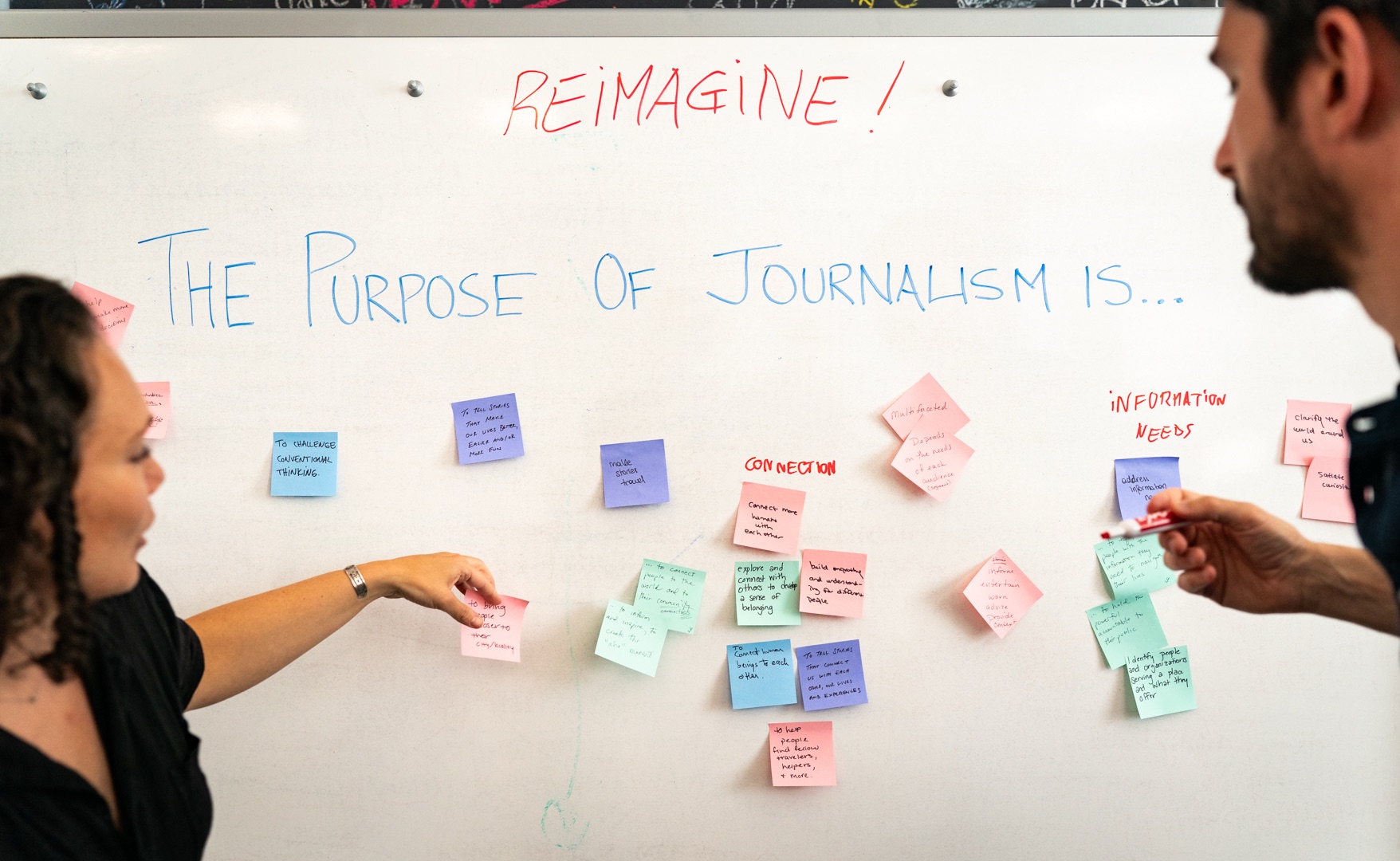A couple years ago a 13-year-old boy in Ireland started to learn to code and built a game so successful it knocked Angry Birds off its No. 1 spot in the Irish App Store. At 13, I’m pretty sure I was still listening to Hilary Duff and fighting my sister for AIM time on the computer.
I know why CoderDojo Global CEO Mary Moloney shared the story of game-making Harry at the MozFest kick-off to emphasize what good mentorship and an even greater community can do. But I found myself fixated on one thing: Harry’s age and his accomplishment. All I felt was the good old Imposter Syndrome creeping back into my head.
At 22, I am not the youngest person to have done anything. And I most definitely did not top Angry Birds in any country’s App Store.
No, my achievements range from small to a little less small. During Christmas last year, I set three personal records. One, I spent the holiday alone for the first time, if you don’t count Michael Bublé crooning to me in the background. Two, I built my first website (the one I was so proud of that I felt the need to stamp the homepage with a © in the footer, disregarding the fact that it is so crappy no one would ever even want to steal the design). And three, I made my first commits to GitHub — all 53 of them, which still stands as my personal commits record.
What I remember of that Christmas day was not whether my website looked any better than anybody else’s first website. It was the fact that I had finally forced myself to start coding, even though some might consider it late in the game, and I had the greatest support group anyone nerdy enough to code through the night could ask for: the journalism-technology community.
There’s that buzzword – community.
It’s this group of journalist hackers that’s frequently described as one of the most welcoming. This is the group that cheered me on from the sidelines as I graduated GitHub for Mac to the terminal, and Codecademy to actual projects.
Unfortunately, even in the most inviting of communities, we gravitate toward superlatives. That means discussing the youngest, brightest, best, and most accomplished journo-hackers, without meaning to. It means an especially dangerous breeding ground for the Imposter Syndrome (I’m so guilty), and even more toxic tendencies to compare ourselves to others.
So instead of thinking about what I haven’t done, I tuned myself to focus on Moloney’s actual message — the one that encouraged us to foster communities that allow passion and talent to show through.
Turns out, MozFest is a great place to do just that. I attended a session about a Peer 2 Peer University (P2PU) project called “Course in a Box,” a template that lets anyone create a learning-centric online community using GitHub, Jekyll and Discourse.
Now, thanks to Course in a Box, there are free, open courses like “How to be an entrepreneur,” “Open Research” and “Copyright 4 Educators,” all built out of the box and complete with topic-specific discussion forums to encourage conversation. It’s learning that’s rewarding, open, and collaborative. It’s inspired individuals like Alvar Maciel, an Argentinian primary school teacher who attended the session on Course in a Box to discover how he can share the structure and organization of his lesson plans with fellow teachers.
MozFest also allowed me to reflect on what I've done to contribute to my community. We’re not perfect, but as a group of student fellows at Knight Lab, we’ve tried to create a community that celebrates each others successes and lead one another through the learning curve of finally learning how to code. We undoubtedly still suffer Imposter Syndrome, and feel the pressure of competing, but at the end of the day, we’re each others biggest supporters. For example, we host Open Lab Hours every week where anybody is welcome, and have been working on learn.knightlab.com, a website meant to guide the hacker journo newbie. These initiatives have been the essence of many brainstorming sessions of how to build out the journo-tech community.
Community should never be about outdoing, outshining, and, most relevantly, outcoding. Not to parrot my kindergarten teacher, but we’re all special in our own way, and finding and fostering each person's strengths should be our focus.
About the author





